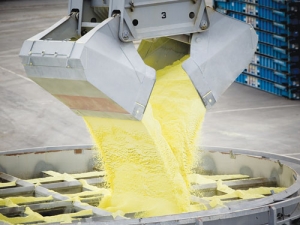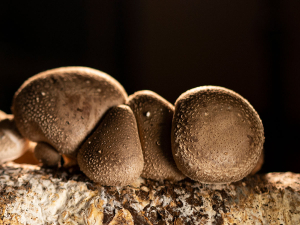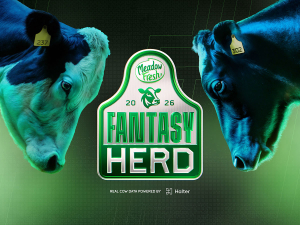Both the big fertiliser co-ops have cut prices of key fertiliser inputs from January 31.
Ballance and Ravensdown have cut urea prices by $50 to $525/tonne, DAP down $25 per tonne, sulphate of ammonia by $15 and potash by $10; the changes will flow through to product blends.
Ballance chief executive Mark Wynne says the move follows a global slump in fertiliser prices, driven by strong supply and soft demand.
"There's plenty of supply in the market at present, with extra production coming on stream and China switching from being an internal consumer of nutrients to an exporter. On the demand side, Brazil and India are both suffering from weakening currencies therefore lowering their fertiliser requirements."
The co-op has been supporting farmers with cash when it counts throughout the year – paying out rebates early, holding urea prices through spring and cutting prices in December.
"Our foreign exchange approach has helped us to offset the weaker New Zealand dollar. In a tough year like this, these price reductions will be good news for farmers and growers."
With recent rains in many regions there is a good opportunity for farmers to take advantage of the reduced prices and apply fertiliser now for feed production ahead of autumn.
Wynne says the price moves will likely flow through to a lower rebate payment than in recent years. "But we're confident we've done the right thing. Our aim is to consistently deliver our farmers and growers a strong return on their investment in our co-operative."
Ravensdown chief executive Greg Campbell says the price drops will be welcome news for customers.
"For a large dairy farmer in the grip of a payout downturn or a sheep and beef farmer dealing with drought or weaker returns, these price differences could mean thousands of dollars staying in their bank account. This is far more useful to our shareholders at this time than a large rebate cheque later in the year.
"We've been told consistently by our customers that they would prefer competitive pricing, money in their pocket, all-year value and a sensible annual rebate.
"Farmers are resilient and adaptable people, but it's not just up to them to manage their way through these tough times. We all play our part in the rural sector, challenging the status quo and asking how things can be done better," says Campbell.
Priceisright
Urea price down $50 to $525/tonne
DAP down $25/t
Ammonium sulphate down $15/t
Potash down $10/t.


















